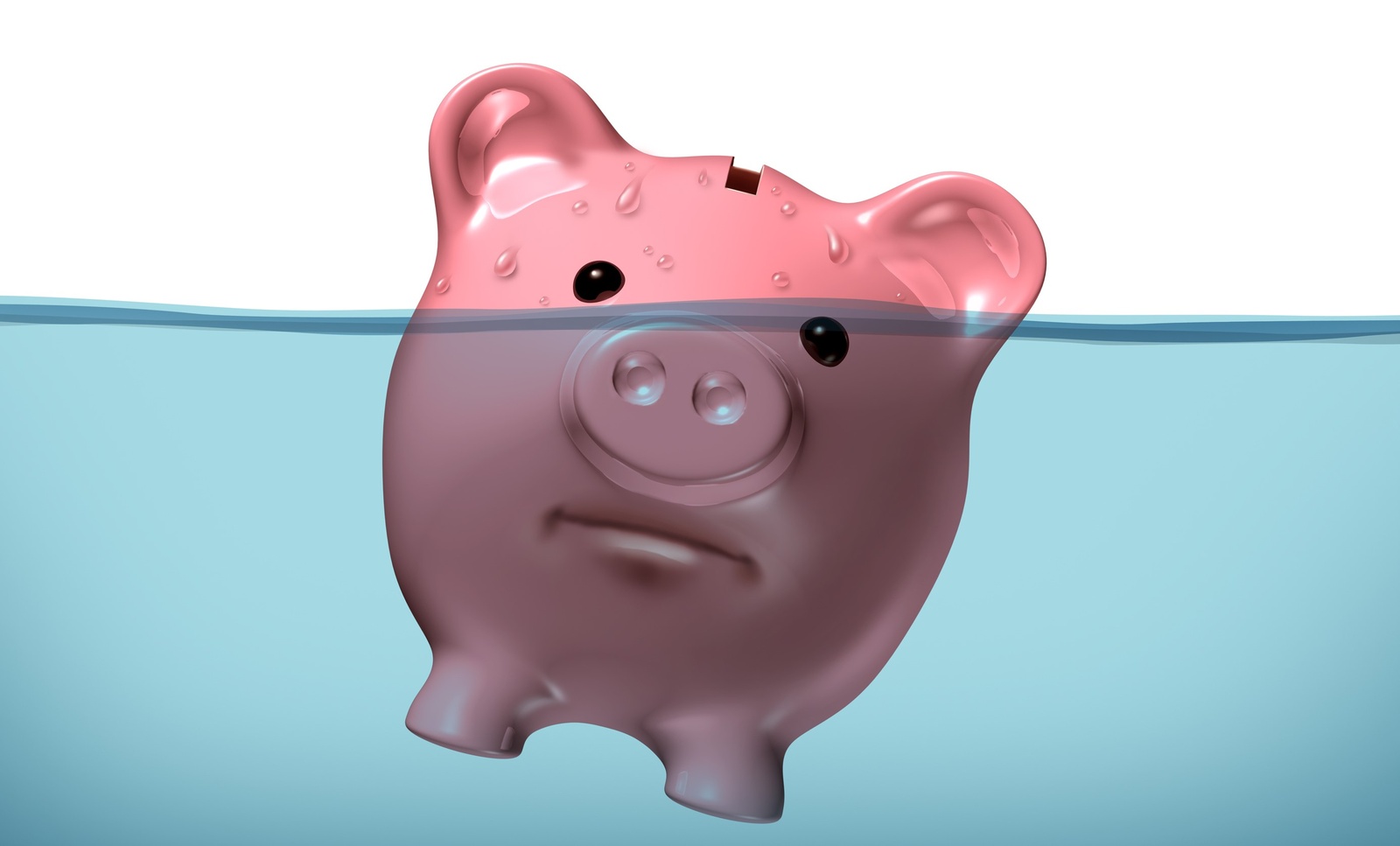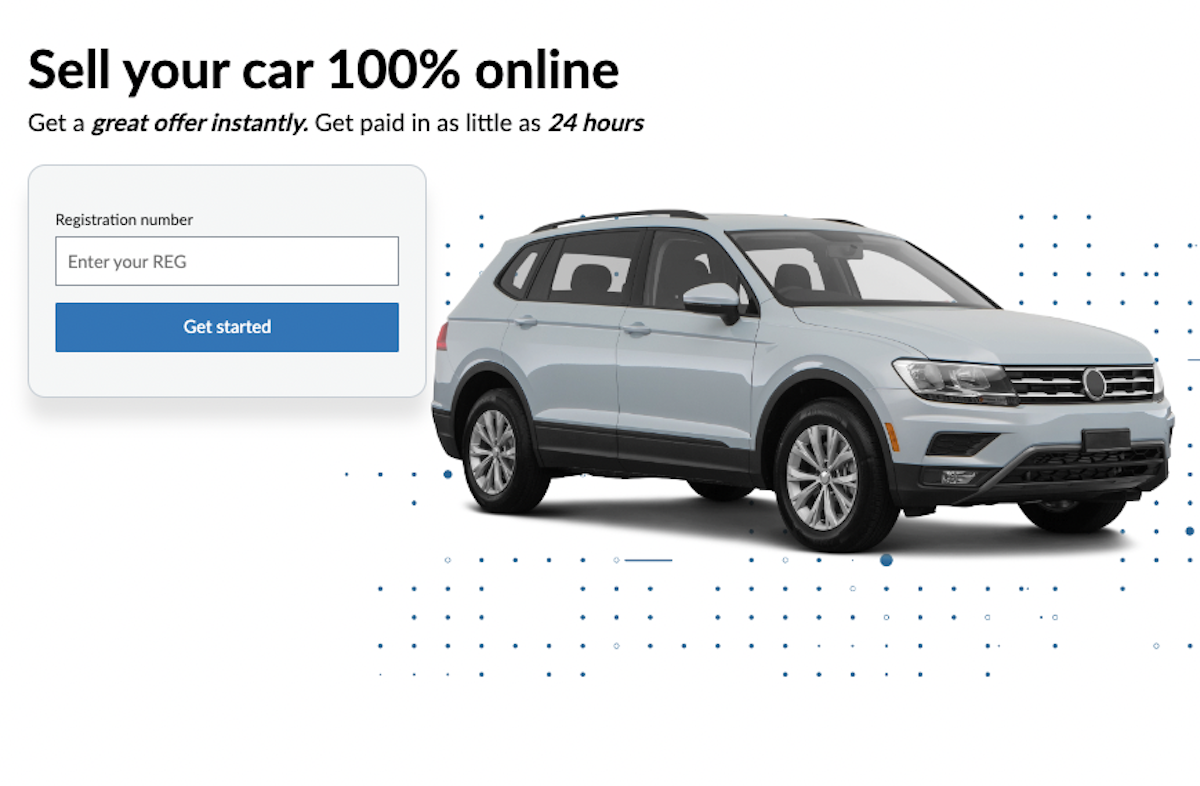An increasing number of buyers in the UK are now purchasing their cars via finance deals. But what do you do if you’ve taken out a car finance deal through a Personal Contract Purchase (PCP), Hire Purchase, or a bank loan, but then decide to sell your car before you have paid off the finance agreement?
The short answer is that it’s certainly possible to sell your car with outstanding finance. How you do it depends to a large extent on what type of finance you’ve taken out, and often where you are in the repayment process.
Can I Sell a Car with Outstanding Finance?
- How to Sell a Car with Outstanding Finance Fast Facts
- Can I Sell a Car With Outstanding PCP Finance?
- Can I Sell a Car with Outstanding HP Finance?
- Can I sell a car with outstanding PCH finance?
- Could I be owed car finance compensation?
- What is a Settlement Figure?
- What If I Can’t Afford the Settlement Figure?
- Negative Equity Explained

How to Sell a Car with Outstanding Finance Fast Facts
- The key when selling a financed car is to understand who owns it.
- If you bought the car via a personal loan, then you can sell it at any time (though of course you are still liable for the loan).
- With cars purchased through personal contract purchase (PCP) or hire purchase (HP), you aren’t actually the owner of the car – the finance provider is. You’ll need to contact them and find out the settlement figure for your particular contract.
- If the settlement figure is more than your car is worth, it is called negative equity. This will leave you owing the finance company money even after you’ve sold the car.
- If your car is in negative equity, you can still potentially sell it if you can get the funds to cover the settlement figure (for example, by refinancing).
- Ending the finance agreement early is known as voluntary termination, and the terms will be covered under your contract. You may have to pay additional fees.
- Voluntary termination may appear on your credit report, but it shouldn't affect your credit rating.
Can I Sell a Car With Outstanding PCP Finance?
If there is outstanding PCP (personal contract purchase) finance on a car you cannot sell it until you have paid off what you owe the finance company, known as the settlement figure or settlement amount. Once you’ve done that you become the legal owner of the car and you will be able to sell it.
The challenge with selling a car that has PCP finance on it is that PCP agreements are always designed with an optional balloon payment. Effectively, you as the consumer pay the cost of the vehicle’s depreciation in monthly payments (plus a little more for the credit broker to make a profit or for other admin fees), with the large final payment at the end.
The problem with this is that you will often owe more in finance than the car is worth for a longer period of time, as the monthly repayments are relatively small compared to the overall value of the car.
As a rule of thumb, you could well find yourself owing more than what the car is worth for the first half of a PCP car finance agreement.
Can I Sell a Car with Outstanding HP Finance?
As with PCP deals, an HP (hire purchase) agreement means you don’t actually own the car until the period of time covering repayments is completed, so you can’t sell the car without first reaching a settlement figure with the finance company. However, there is no balloon payment at the end of an HP deal, as you will automatically become the owner of the car at the end of the contract term.
This means that you will pay off more of the car’s value in percentage terms and at a faster rate than with a PCP deal, so you’re at less risk of a negative equity situation.
Can I Sell a Car with Outstanding PCH Finance?
A PCH (personal contract hire) deal is effectively a way of leasing a vehicle on a personal basis, so you will never own the car. Essentially, all you are doing is paying the leasing company the cost of the depreciation on the asset they own (the car) in exchange for using it for your personal transport.
Of course, personal circumstances change – your income may go down or you might encounter a domestic situation that suddenly means you have a lot more outgoings – so if you feel you can no longer afford the lease payments on a car, it’s important to get in touch with the credit broker or finance provider as soon as possible to discuss your options. They won’t be obliged to act, but they may help you change to a cheaper lease deal (either for a new car or the same car for a longer period) as an act of good faith.
Could I be owed car finance compensation?
Between 2007 and January 2021, many car finance deals involved something called 'discretionary credit agreements'. These were deals by lenders that were hidden from car-buyers, and which allowed brokers and car dealers to increase interest rates on finance deals in order to improve the amount of commission they received on deals.
It's important to note that this practice was stopped in early 2021 – so if you're looking for a car on finance now, it's not an issue to be concerned about. However, during the period when it was happening, around 40% of car finance deals were subject to these hidden charges. The Financial Conduct Authority (FCA) has delayed its report on this until May 2025, but it seems highly likely that some form of compensation scheme will be launched, since customers taking out finance with hidden discretionary credit agreements weren't told that the interest rate was actually negotiable.
These hidden charges were only happening on PCP and hire purchase deals, however, so if you leased a car during the same time frame on a PCH deal, you would not have been subject to this practice.
What is a Settlement Figure?
A settlement figure represents the total amount you owe the finance company for the car, along with any early repayment or administration charges. All of this will have been agreed upon when you first signed up to the finance.
You can ask for a settlement figure at any point during the lifetime of the loan. It will have an expiration date (usually 10 days after issue), so if you fail to pay the sum requested in that time, you’ll need to request a revised settlement figure that reflects the current car valuation.
Only once you have paid the settlement figure you actually own the car, and thus will be allowed to sell it.
What If I Can’t Afford the Settlement Figure?
If you’re struggling to find enough cash to pay off the settlement figure and simply want to change your car for another model, it can be worth seeing if a dealership or lender will either offer refinancing (that is, give you a new finance deal to pay off the settlement figure and cover the cost of a new car), or agree to take your existing car as a part exchange for a new model and in doing so settle the debt on your behalf. In both of these instances, closely consider affordability; You should be entirely comfortable with any deal before proceeding, particularly if you’ve been struggling to meet repayments.
An alternative is to apply for a bank loan to pay off the settlement figure, but again, this might end up costing you more in the long term, so it’s important to crunch the numbers.
Lastly, if you know somebody who wants to buy the car — and understands you owe finance on it — then you can contact your lender to explain the situation. While it won’t allow you to transfer the monthly payments to somebody else, it will probably accept the settlement figure in full from them. The buyer can pay any remaining balance from the sale direct to you.
What you can’t do is sell the car without your finance company’s knowledge, even if you plan to use the money to pay the settlement figure straight away. Not only would you be technically selling something that’s not yours, but the car will show up in history checks as having finance owed on it, which will deter potential buyers.
Negative Equity Explained
Negative equity is when your outstanding debt is greater than what the car is worth. This can become an issue when settlement figures arise because of how cars depreciate heavily early in their lifespans before slowing as they get older. In contrast, monthly finance payments are set at a fixed amount. The idea is that, by the end of the contract, the overall depreciation matches your combined monthly payments. Cancelling a finance deal early is likely to skew this projection, with the car having lost more value than you’ve so far paid off.
To find out if your car is in negative equity, you need to obtain a settlement figure from your finance provider and then use the CarGurus Instant Market Value tool to see how much your car is worth. If it looks like you’re in negative equity—that is, the Instant Market Value is lower than your settlement figure—it might be better in the longer term to carry on with the monthly payments until you reach the end of your contract.
In particular, this might be the case when you factor in administration charges or early repayment fees, so don’t forget to include these in your calculations.




